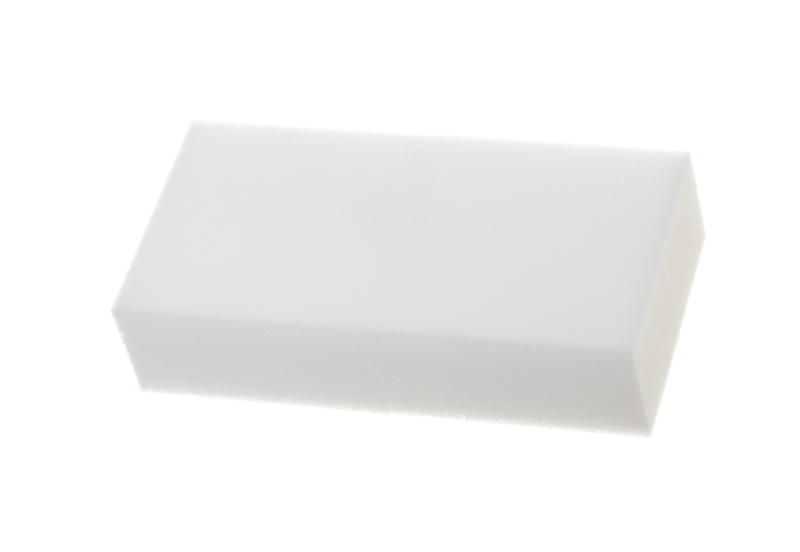Is Chemical-Free Cleaning at Home Feasible?
Posted on 19/11/2024
Chemical-free cleaning has been gaining momentum in recent years as more people become aware of the potential health risks associated with synthetic cleaning agents. The goal is to maintain a spotless home without resorting to harmful chemicals. But is it feasible? This article explores the possibilities, alternatives, and practical tips for achieving a chemical-free clean.

Understanding Chemical-Free Cleaning
Chemical-free cleaning refers to using natural or eco-friendly products and methods to clean and sanitize your home. This approach aims to minimize exposure to harsh chemicals that can cause respiratory issues, skin irritations, and other health concerns. Common alternatives include vinegar, baking soda, lemon juice, and essential oils.
Benefits of Chemical-Free Cleaning
The benefits of shunning traditional cleaners for natural options are numerous:
- Healthier Environment: Reduces exposure to toxins and allergens, which can improve indoor air quality and reduce respiratory issues.
- Eco-Friendly: Natural cleaning products are less harmful to the environment, reducing water pollution and waste.
- Cost-Effective: Many natural cleaning agents are inexpensive and can be found in most households.
- Improved Air Quality: Eliminates the need for synthetic fragrances that can aggravate allergies or asthma.
Common Natural Cleaning Agents
Several household items can double as effective cleaning agents:
- Vinegar: Effective for disinfecting surfaces, removing stains, and cutting through grease.
- Baking Soda: Versatile for scrubbing surfaces, deodorizing, and removing tough stains.
- Lemon Juice: Natural bleaching agent and can cut through grease and grime.
- Essential Oils: Anti-microbial properties, plus they add pleasant scents to your cleaning solutions.
Practical Tips for Chemical-Free Cleaning
Embarking on a chemical-free cleaning routine requires some adjustments but is entirely doable:
- Start with Simple Swaps: Replace one or two cleaning products with natural alternatives first to make the transition easier.
- DIY Cleaners: Create your own cleaning solutions using household items like vinegar and baking soda.
- Read Labels: Even when buying "natural" cleaning products, ensure they don't contain hidden chemicals.
- Establish a Routine: Regular cleaning helps prevent the build-up of dirt and grime, making natural cleaners more effective.
- Invest in Tools: Consider microfiber cloths and steam cleaners, which can enhance cleaning efficiency without the need for chemicals.
Pros and Cons of Chemical-Free Cleaning
Every cleaning method has its upsides and downsides:
Pros:
- Health Benefits: Reduces exposure to potentially harmful chemicals.
- Environmental Impact: Less harmful to the planet.
- Cost-Effective: Uses affordable, everyday household items.
Cons:
- Effectiveness: May require more elbow grease compared to traditional cleaners.
- Time-Consuming: DIY solutions can take more time to prepare.
- Initial Learning Curve: Takes time to research and experiment with different natural cleaners.

Key Takeaways
- Chemical-free cleaning is feasible and offers multiple benefits, from health improvements to cost savings.
- Common natural cleaning agents include vinegar, baking soda, lemon juice, and essential oils.
- The transition to chemical-free cleaning requires some initial research and adjustment.
- Investing in quality cleaning tools can enhance the efficiency of natural cleaners.
Conclusion
Is chemical-free cleaning at home feasible? The answer is a resounding yes. With some initial effort and the right ingredients, you can create a healthier and more sustainable cleaning routine. Whether you choose to go entirely chemical-free or make gradual changes, the benefits for your health, home, and environment are undeniable. Ready to make the switch? Start with one room or one cleaner, and you'll soon discover that a chemical-free clean is not only possible but remarkably effective.

